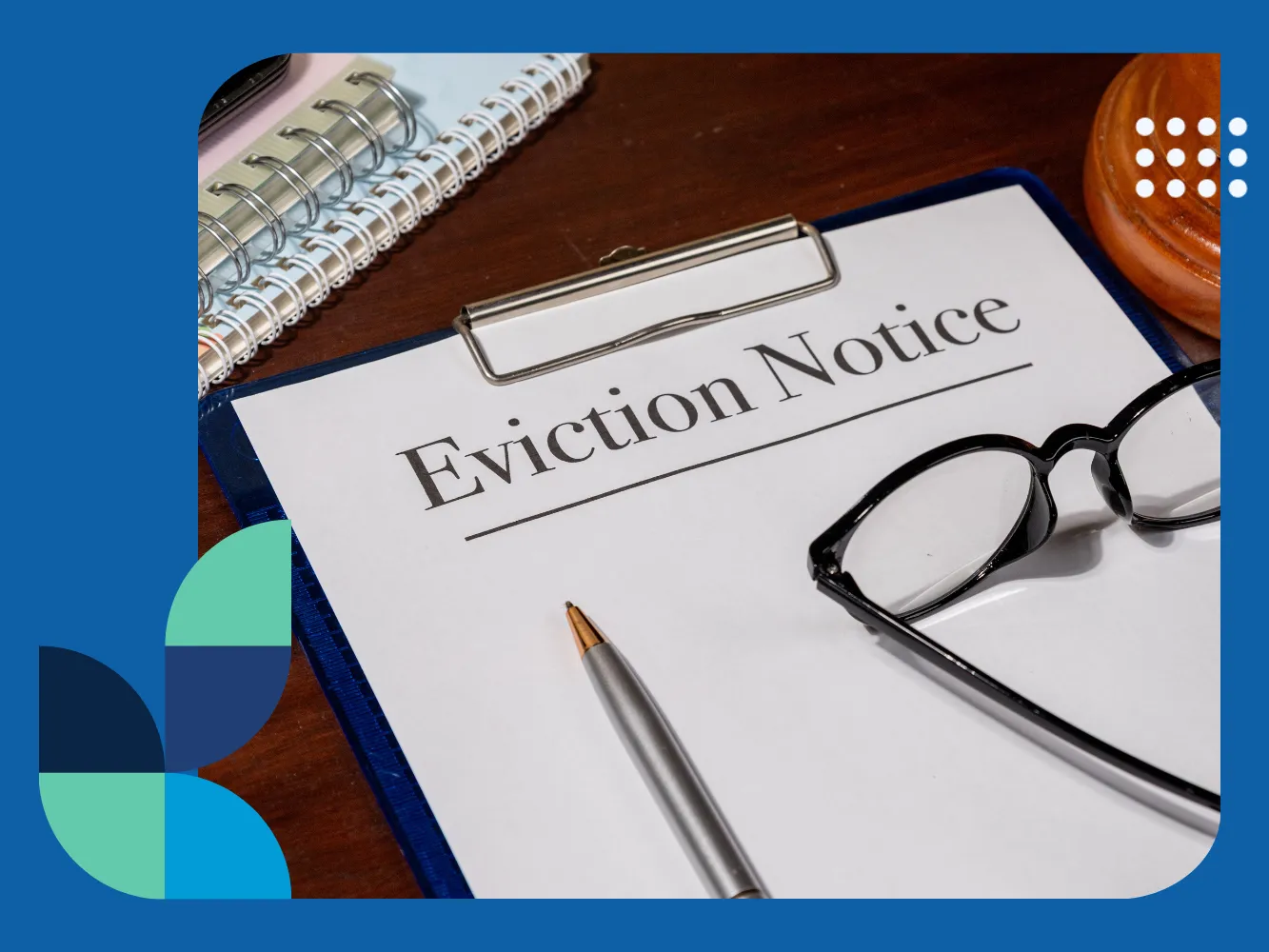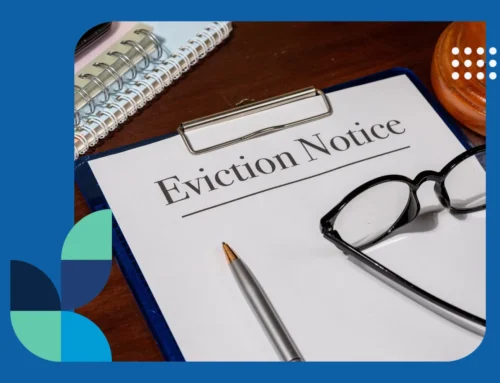All You Need to Know About Property Management Services and Fees
Managing a property isn’t just about buying real estate; it’s about handling the day-to-day operations that can quickly spiral from manageable to overwhelming. That’s why many property owners turn to professional property management services. These companies take the reins, dealing with everything from resident screening and lease management to maintenance and financial reporting.
But, as with any professional service, these come at a cost. Understanding the different fees associated with property management is crucial—they can significantly impact your bottom line. In this article, we’ll break down what you can expect from a property management company, look at typical fee structures, and discuss how to ensure you’re getting value for your money. Our aim is to provide you with a clear, comprehensive guide to navigating the world of property management fees, so you can make informed decisions that enhance the profitability of your investments.
Services That Property Managers Provide
Property managers are the unsung heroes of the real estate world. They wear many hats, from mediator and inspector to accountant and marketer. Here’s a detailed look at the services provided by property managers that help keep your investment performing optimally:
Resident Screening and Leasing:
- Finding Residents: Property managers advertise your rental, ensuring it reaches a wide audience. They handle all inquiries, show the property, and collect applications.
- Screening Residents: This includes background checks, credit checks, employment verification, and references to ensure reliable residents.
- Lease Management: Drafting, negotiating, and updating lease agreements to comply with the latest laws and regulations.
Rent Collection and Financial Management:
- Rent Collection: Property managers handle all aspects of rent collection, including setting up payment systems and handling late payments or delinquencies.
- Financial Reporting: They provide detailed monthly reports on income and expenses. These reports often include balance sheets, income statements, and other financial overviews.
- Budget Management: They can also help with setting up an annual budget for operating costs and capital expenditures.
Maintenance and Repairs:
- Routine Maintenance: Regular inspections and maintenance to prevent small issues from becoming costly repairs.
- Emergency Repairs: 24/7 availability to address urgent issues like plumbing leaks or electrical failures.
- Vendor Relations: Managing relationships with contractors and service providers, often negotiating prices to your advantage.
Legal Compliance:
- Property managers stay up-to-date with local, state, and federal regulations affecting your property, ensuring that you’re always in compliance.
- Handling Evictions: Should the need arise, they manage the eviction process from serving notices to coordinating with law enforcement.
Marketing and Resident Retention:
- Effective Marketing Strategies: They use a variety of tools, from online ads to virtual tours, to keep your property in high demand.
- Resident Retention Programs: Implementing strategies that enhance resident satisfaction and encourage long-term leases.
Important Facts to Consider
- According to industry research, properties with professional management have approximately 15% higher occupancy rates compared to self-managed rentals.
- Effective property management can reduce repair and maintenance costs by up to 20%, thanks to regular upkeep and preventive measures.
Property Management Fee Structure—A Quick Breakdown
When it comes to property management, understanding the fee structure is crucial, both for property owners and potential residents. Let’s break down how this works in a way that’s easy to digest, yet thorough, ensuring you get the full picture of what you’re diving into.
Flat Fee vs. Percentage of Rent
Property management companies typically use one of two fee structures: a flat fee or a percentage of the monthly rent. The flat fee is straightforward; it’s a fixed amount you pay every month regardless of your rental income. This can be particularly appealing if your property commands a high rental price, as the flat fee may constitute a smaller proportion of your overall income.
On the other hand, the percentage-based fee varies with your rental income. Commonly, this fee ranges from 8% to 12% of the monthly rent. This model aligns the interests of the property manager with those of the owner because the manager’s income depends on keeping the property rented at the highest possible rate.
Leasing Fees
Leasing fees are another important component. This fee covers the cost of finding and placing a resident in your property and is often equivalent to one month’s rent. It’s typically a one-time fee charged each time the property manager needs to find a new resident, which compensates for the advertising and time spent on showing the property, screening applicants, and finalizing the lease.
Maintenance Fees
Then, there’s the question of maintenance. Some managers charge a markup on any repairs they arrange on behalf of the owner. This markup could be a percentage of the repair cost or a flat fee. It’s essential to clarify this upfront because these costs can add up, especially in older properties that may require more frequent maintenance.
Other Possible Fees
Beyond these primary fees, there are various other potential costs that could be part of a property management agreement. For example, a vacancy fee could be charged if the property is unoccupied for a certain period, essentially as a penalty for lost income that also motivates the manager to quickly find a new resident.
Another possible fee is an “on-boarding” fee—a one-time charge for taking over the management of your property. This might cover the initial setup of services, initial property inspection, and the creation of management accounts.
Lastly, some managers include a reserve fund fee. This is a set amount of money held in reserve to handle quick repairs or emergencies that might arise. It’s usually a part of your monthly management fee but kept in a separate account.
Negotiating Your Contract
It’s critical to negotiate and understand each of these fees before signing a property management contract. Ask for a detailed breakdown of all potential charges, and don’t shy away from negotiating terms that better suit your financial situation. Remember, the goal is to have a management relationship that is beneficial and sustainable for both parties.
While the variety of fees can seem daunting at first, a clear understanding of each will help you manage your property effectively. Whether you’re a seasoned property owner or a newcomer to real estate investments, getting to grips with these details can significantly impact your investment’s success and your experience as a property owner.
Factors That Affect Property Management Fees
Several factors influence the fees charged by property management companies, impacting both the overall cost and the structure of the payments. Understanding these factors can help property owners make informed decisions when selecting a management service.
- Property Location and Type: Location is a primary determinant. Properties in high-demand, upscale neighborhoods or city centers might attract higher management fees due to the potential for higher rents and more intensive management needs. Similarly, the type of property—whether it’s residential, commercial, or a vacation rental—also influences fees. For instance, managing a vacation rental often requires more hands-on service, including frequent resident turnovers and maintaining a higher standard of upkeep, leading to higher fees.
- Number of Units: Managing multiple units usually attracts lower per-unit fees due to economies of scale. A single-family home may cost more to manage on a per-unit basis compared to a multi-unit apartment complex where several rentals are consolidated in one location.
- Services Included: The range of services provided plays a significant role in fee determination. Basic services might include resident screening, rent collection, and basic maintenance, while more comprehensive packages could cover full maintenance, legal services, and even marketing and resident relations. More services mean higher fees, but also greater convenience and potentially better returns.
- Resident Management: The complexity of managing residents, from turnover rates to the management of resident disputes, can also affect costs. Higher resident turnover or properties with challenging resident demographics might necessitate higher management fees to compensate for the additional work involved.
- Market Competition: The local competition among property management companies can also influence fee structures. In areas with many competing firms, fees might be lower to attract clients. Conversely, in regions with few service providers, management companies may charge more due to the lack of competition.
By considering these factors, property owners can better negotiate terms and select a management company that aligns with their specific needs and budget constraints.
The Right Property Management Company—How To Find the Right One
Finding the right property management company is crucial for ensuring your investment is well-maintained and generates steady returns. Start by identifying your specific needs. Are you looking for help with a single-family home, a multi-unit residential property, or a commercial space? Different companies specialize in different types of properties, so it’s important to find one that aligns with your property type.
Next, consider the reputation and experience of potential companies. Seek referrals from other property owners or real estate professionals, and check online reviews to gauge customer satisfaction. Experienced property managers often have established systems for resident screening, rent collection, maintenance, and emergencies, which can significantly reduce your stress and increase the efficiency of your property operations.
Additionally, interview multiple managers. Discuss their fee structures, services offered, and their communication practices. How often will they update you on your property’s status? What’s their response time for resident issues? This will help you assess their professionalism and suitability for your property.
Finally, review the contract carefully. Ensure that all services and fees are explicitly stated and that you understand the terms, especially concerning contract termination and fee disputes. With the right research and due diligence, you can find a property management company that meets your needs and enhances the value of your investment.
In Conclusion
Wrapping up our exploration into property management services and fees, it’s clear that choosing the right management company is crucial for the care and profitability of your property. Understanding the fee structure—whether it’s a flat fee or a percentage of the rent—is vital as these costs directly affect your bottom line. Additional charges like leasing, maintenance, and vacancy fees also play significant roles in your total financial commitment.
Choosing a company involves assessing the breadth of services they offer. A full-service provider that handles everything from resident screening to financial reporting can significantly enhance your property’s value and reduce headaches. Consider the complexity of your property needs: high-demand urban properties or those with frequent resident turnover might command higher fees but also require more intensive management.
The decision to hire a property management firm should weigh their reputation, service breadth, fee structure, and their fit with your specific requirements. A good property management firm not only costs money but also adds value by making your investment more profitable and easier to handle. By selecting the right firm, you ensure that your real estate investment is professionally managed, maximizing both its potential and your peace of mind.








